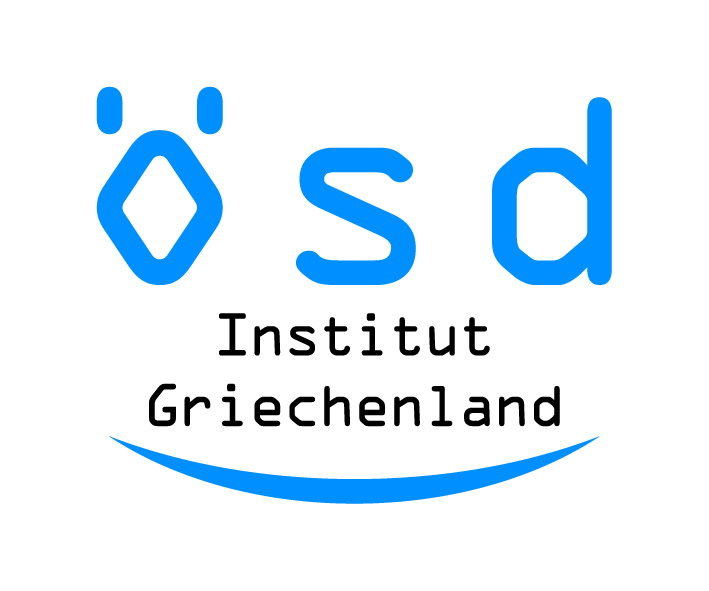ALZ-Q: Training facilitators in small local heritage institutions to make them safe places for adults with early-onset Alzheimer’s disease
A European Erasmus+ Initiative for Education, Empowerment, and Inclusion

The School Life and Education Museum proudly participates in the European cooperation project ALZ-Q: Training facilitators in small local heritage institutions to make them safe places for adults with early-onset Alzheimer’s disease (2024-1-NL01-KA220-ADU-000253660).
Funded by the Erasmus+ programme, ALZ-Q brings together partners from across Europe to explore how cultural heritage and education can play a vital role in improving the lives of individuals living with early-onset dementia.
Project Objectives
The core aim of ALZ-Q is to empower staff and educators in small heritage institutions to:
-
Create dementia-friendly environments within museums and cultural spaces.
-
Use cultural heritage as a tool to enhance memory, dignity, and emotional well-being.
-
Promote inclusion and accessibility for adults with early-onset Alzheimer’s and their caregivers.
-
Develop training and educational resources tailored to the needs of cultural facilitators.
This innovative initiative aligns with our mission at the School Life and Education Museum: to ensure that culture and education are accessible to all members of society, regardless of age or cognitive ability.
Target Groups
-
Adults with early-onset Alzheimer’s disease
-
Caregivers and family members
-
Cultural educators and museum staff
-
Facilitators and volunteers in heritage institutions
-
Researchers and professionals in dementia care
Key Activities
Throughout the project’s duration (2024–2026), the consortium will carry out a wide range of activities, including:
-
Research on best practices in dementia-friendly museum programming across Europe.
-
Development of a training curriculum for facilitators working in small cultural institutions.
-
Pilot workshops and seminars (like the one hosted by the School Life and Education Museum in May 2025).
-
Co-creation sessions involving people with dementia and their caregivers.
-
Dissemination events and open-access publication of training materials.
Project Deliverables
The ALZ-Q project will produce several tangible results:
-
Training Manual for Facilitators – with practical tools, case studies, and methods for designing inclusive programs.
-
Digital Learning Platform – hosting educational modules, videos, and resources for ongoing training.
-
Policy Recommendations – aimed at influencing inclusive cultural policies at the local and European levels.
-
Pilot Programs in Partner Museums – testing innovative methods of engaging people with Alzheimer’s through art, history, and storytelling.
-
Awareness Campaigns – promoting the message of inclusion and mental well-being through culture.
Our Role in the ALZ-Q Partnership
As a key partner, the School Life and Education Museum brings its long-standing experience in educational and intergenerational programming to the project. We are responsible for:
-
Hosting training seminars and awareness events in Greece
-
Contributing to the development of training content and inclusive practices
-
Promoting community engagement and intergenerational dialogue
-
Disseminating project outcomes to educators, museums, and local stakeholders
Building a More Inclusive Cultural Future
ALZ-Q is not just a training initiative — it is a call to reimagine museums as spaces of care, connection, and memory. By engaging cultural institutions in the conversation on dementia, we help reduce stigma, foster empathy, and ensure that no one is left behind.
For more information about ALZ-Q and our upcoming activities, please visit the projects website:
https://alzq.substack.com/
Stay updated through our social media and project news!

















.jpg)